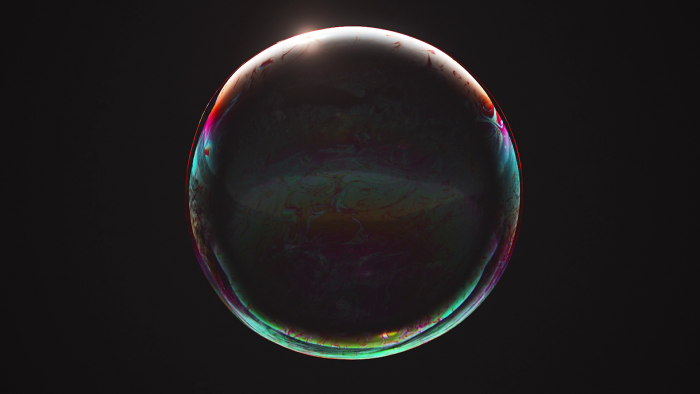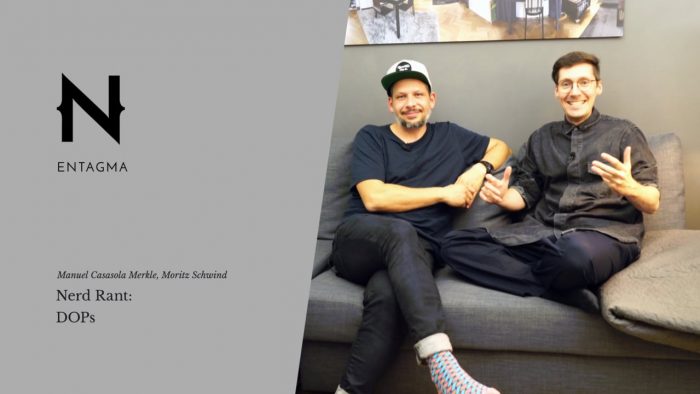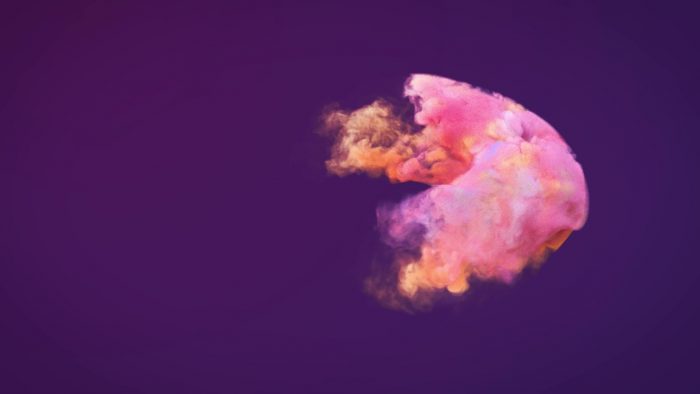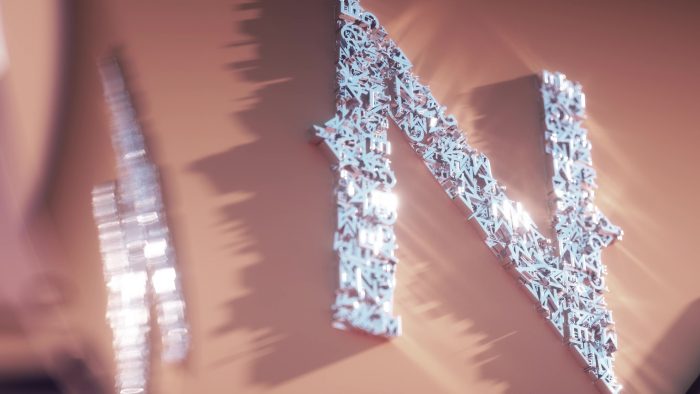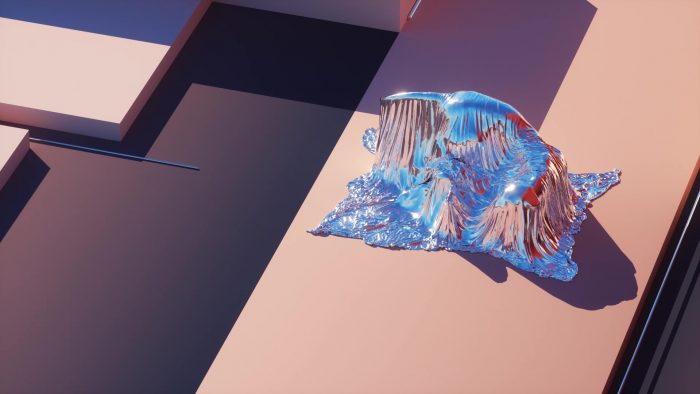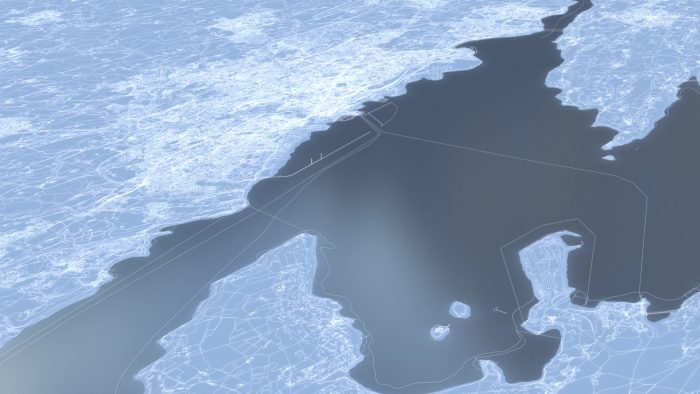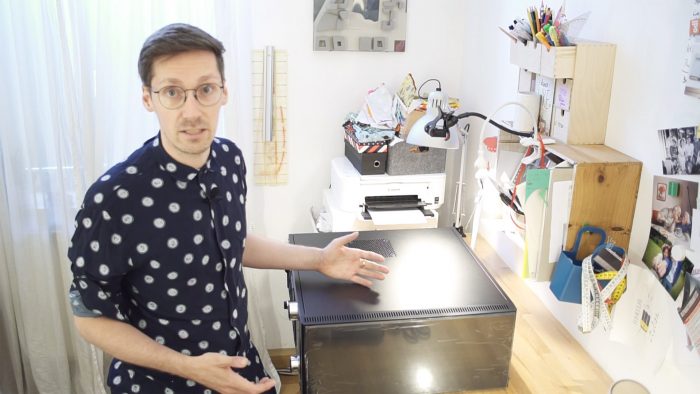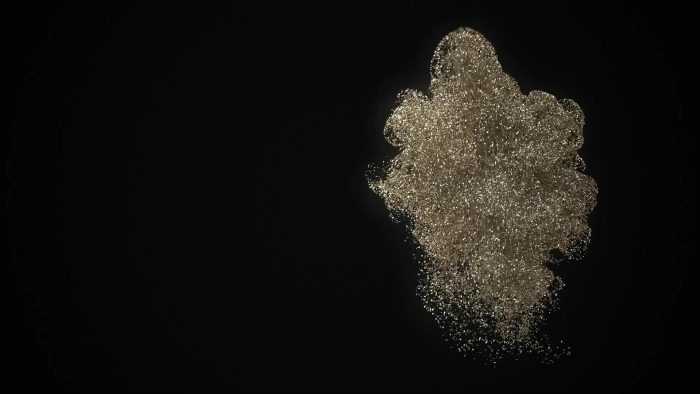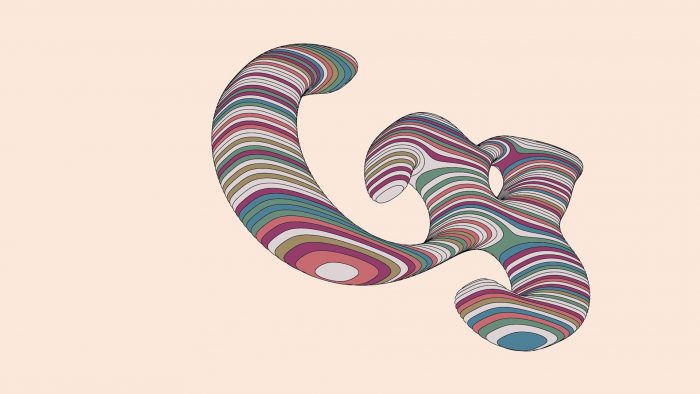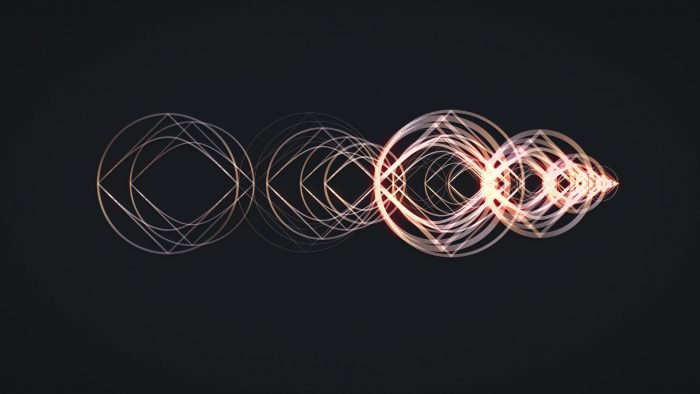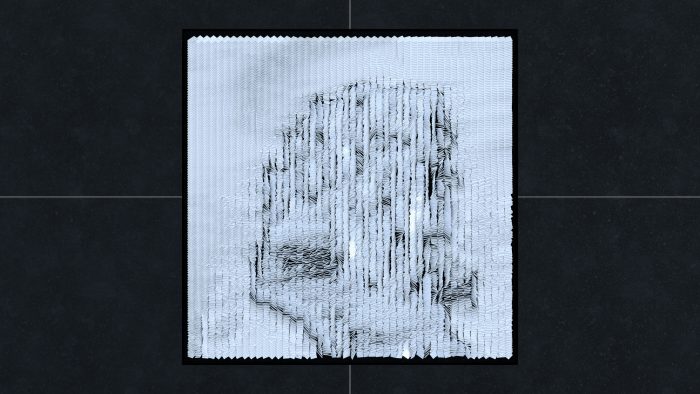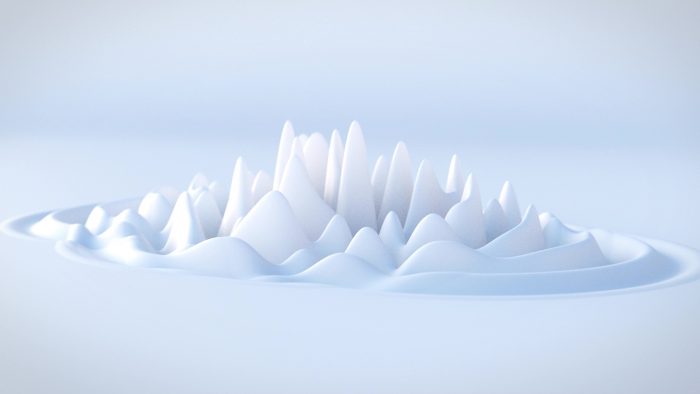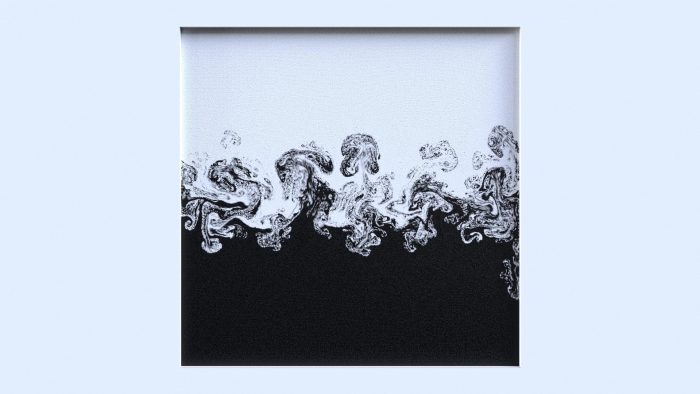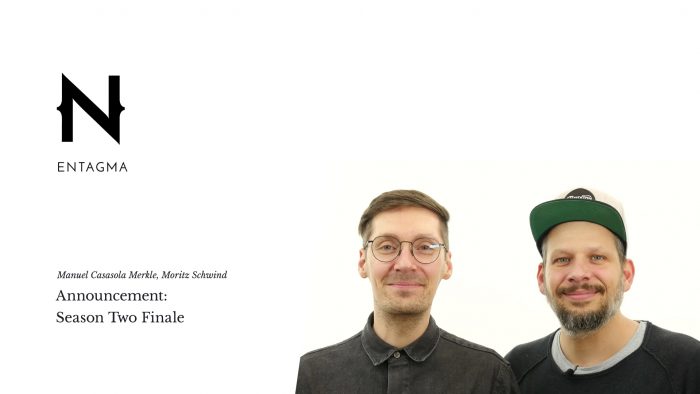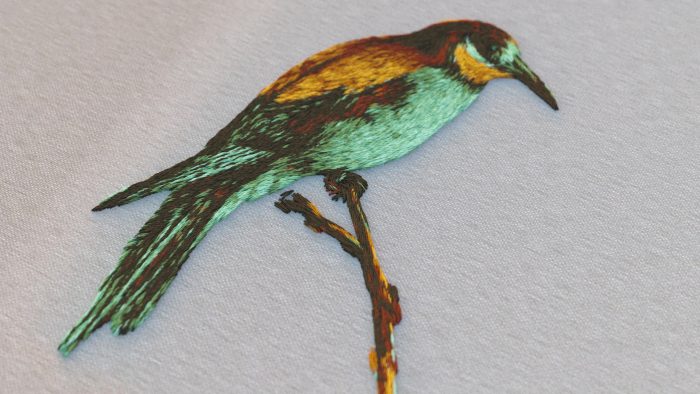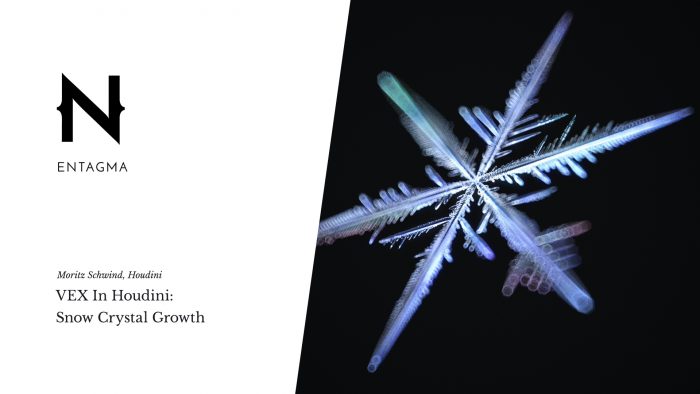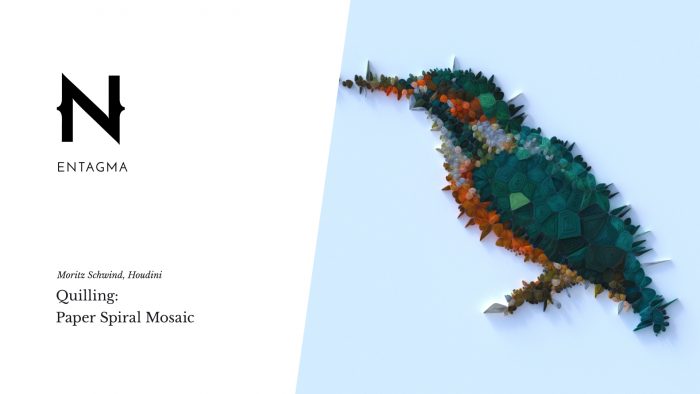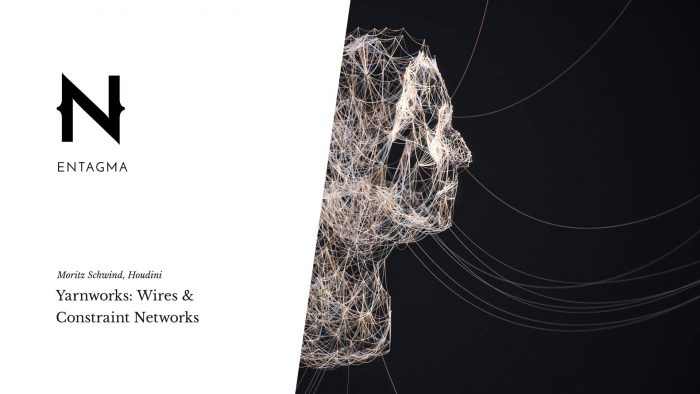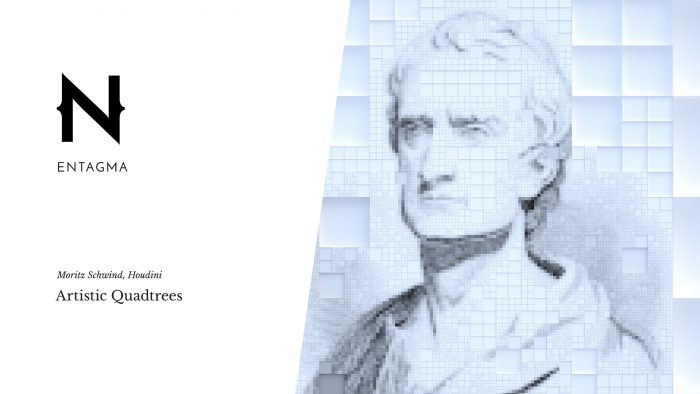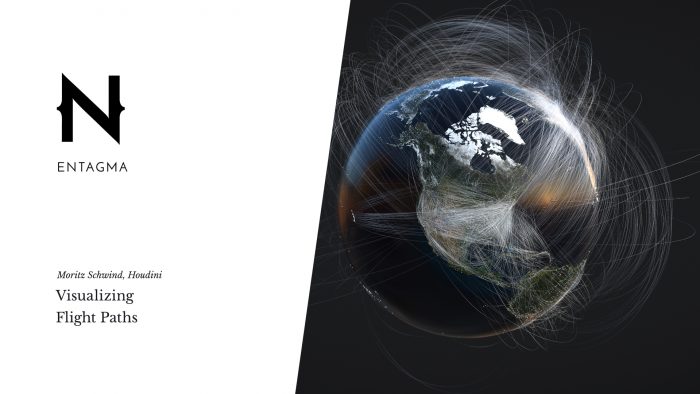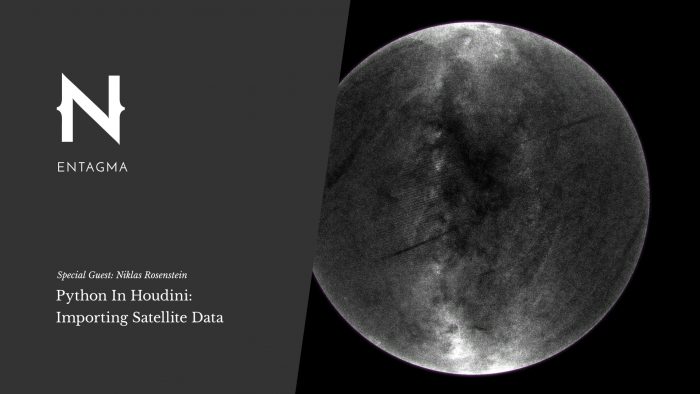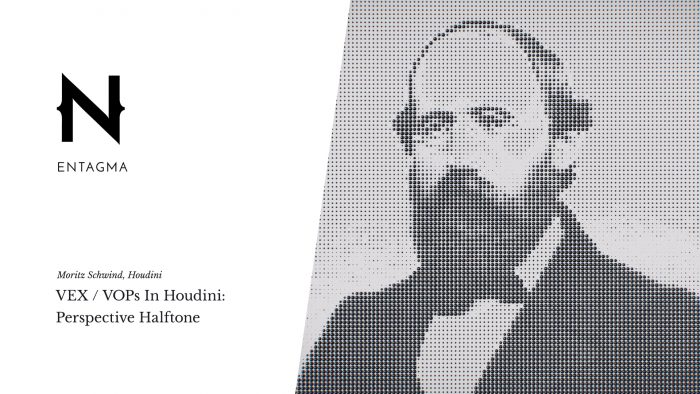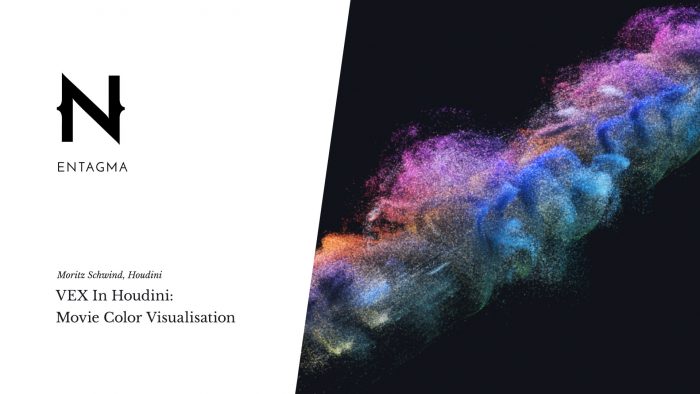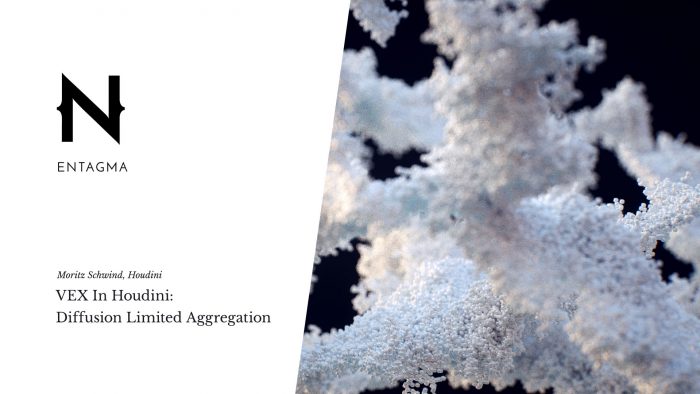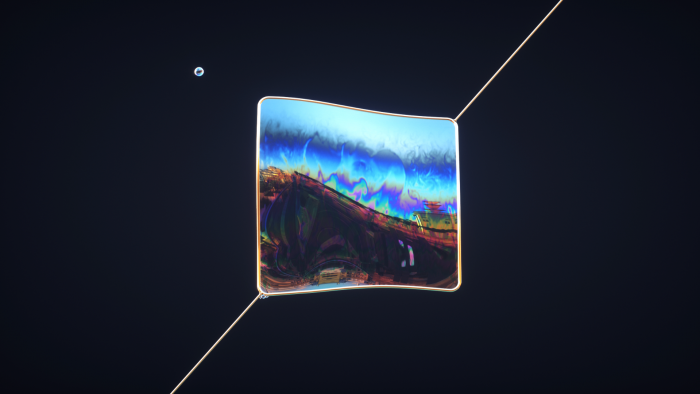To view this content, you must be a member of Entagma’s Patreon at $29 or more
All posts by “Moritz”
Volumes 101 – pt.21: “Dissolving” Geometry
To view this content, you must be a member of Entagma’s Patreon at $29 or more
Volumes 101 – pt. 20: Volume Displacement Shader
To view this content, you must be a member of Entagma’s Patreon at $29 or more
Volumes 101 – pt. 19: Juliabulb Using Volume Procedurals
To view this content, you must be a member of Entagma’s Patreon at $29 or more
Volumes 101 – pt. 18: Volume Procedural Basics
To view this content, you must be a member of Entagma’s Patreon at $29 or more
Volumes 101 – pt. 17: Multistate Cellular Automata in OpenCl
To view this content, you must be a member of Entagma’s Patreon at $29 or more
Volumes 101 – pt. 16: Reaction Diffusion in OpenCL
To view this content, you must be a member of Entagma’s Patreon at $29 or more
Volumes 101 – pt. 15: Custom Kernels in OpenCL
To view this content, you must be a member of Entagma’s Patreon at $29 or more
Volumes 101 – pt. 14: Kernels, Sharpening A Smoke Sim
To view this content, you must be a member of Entagma’s Patreon at $29 or more
Volumes 101 – pt. 13: Point Advection
To view this content, you must be a member of Entagma’s Patreon at $29 or more
Volumes 101 – pt. 12: Adding Colliders To Our Solver
To view this content, you must be a member of Entagma’s Patreon at $29 or more
Volumes 101 – pt. 11: Adding Forces To Our Solver
To view this content, you must be a member of Entagma’s Patreon at $29 or more
Volumes 101 – pt. 10: Curvature Driven Growth
To view this content, you must be a member of Entagma’s Patreon at $29 or more
Volumes 101 – pt. 9: Curvature
To view this content, you must be a member of Entagma’s Patreon at $29 or more
Volumes 101 – pt. 8: Organic Cells
To view this content, you must be a member of Entagma’s Patreon at $29 or more
Volumes 101 – pt. 7: Reshaping SDFs
To view this content, you must be a member of Entagma’s Patreon at $29 or more
Volumes 101 – pt. 6: Volume Gradient
To view this content, you must be a member of Entagma’s Patreon at $29 or more
Volumes 101 – pt. 5: Volume Booling
To view this content, you must be a member of Entagma’s Patreon at $29 or more
Volumes 101 – pt. 4: VDBs vs. Standard Volumes
To view this content, you must be a member of Entagma’s Patreon at $29 or more
Volumes 101 – pt. 3: Signed Distance Fields
To view this content, you must be a member of Entagma’s Patreon at $29 or more
Volumes 101 – pt. 2: Vector Volumes
To view this content, you must be a member of Entagma’s Patreon at $29 or more
Volumes 101 – pt 1: Volume Basics
To view this content, you must be a member of Entagma’s Patreon at $29 or more
Giveaway: Redshift Thinfilm Shader
Head over to our Patreon for the free .hip files. We recently had to create a physically based thinfilm shader in Redshift. This is the result. It’s a slightly simplified version of this OSL shader from gamedev.net, implemented using purely Redshift nodes.
Nerd Rant: DOPs
Recorded back in October when Mo was cranky due to reasons, Manu decided to discuss his (then) favorite topic when it comes to Houdini: DOPs. Turns out it is not so much Mo’s favorite topic. Watch this nerd rant to see us being cranky and […]
Houdini 17 Quicktip: Setting Up Colored Smoke
Smoke and mirrors! Well Smoke mainly in this quicktip. We’ll look at a few of Houdini 17’s new pyro features – namely the new sourcing workflow and the ability to (easily) color your smoke simulation using a mesh’s colors.
Houdini 17 Quicktip: Packing Geometry Using the UV-Layout SOP
With the Houdini 17 party still going, let’s have a look at a somewhat hidden gem in H17’s tools: The UV-Layout SOP. “Wait! I don’t care about ’em UVs!” you might say. We hear you, but they are not really the focus of this tutorial. […]
Houdini 17 Is Here – A Quickstart to Vellum
One of the most exciting features that Houdini 17 introduces is Vellum: A new simulation framework based on XPBD. (Extended Postion Based Dynamics – In essence grains on steroids.) That means stable and fast simulation of (almost) everything softbody: Cloth, Wires and well – softbodies. […]
Houdini Game Tools: Assembling a 3D Scan Of The Earth
Although they are technically called “Game Tools” there are quite a few cases in which you might want to use these assets built by the talented folks at SideFX. For example when you’re gonna do geodata visualisation.
Building Your Own Houdini Workstation
It finally happened – here is the long feared hardware episode you’ve not been waiting for! As Mo recently started freelancing, he decided he’d need a new computer. Also he decided to build it himself. Enjoy the resulting chaos.
Quicktip: Instancing In Redshift (Bonus: Particle Advection)
Last week Germany was still under a massive heat wave. And an office doesn’t get colder by running smoke sims and rendering. That’s why I had to keep this one relatively short (let’s call it a speedrun): We’ll build a particle system advected by a […]
Isocontours: Importing & Exporting Vectors to/from Houdini
Niklas Rosenstein is with us again! And if Niklas is in the house, chances for some Python code are pretty high. This time we’ll import vectors from Illustrator into Houdini, create an isocontour-effect and export the result back to illustrator.
A Tribute To Numberphile: Visualizing Recamán’s Sequence in VEX
One of my favorite Youtube Channels is Numberphile. They are one of the driving forces behind my newfound interest in maths. In a recent video they shed some light onto a sequence of numbers called Recamán’s Sequence.
Constraint Networks For Rigid Body Simulations
Ever tried having a bunch of instances rotating without intersecting each other? It’s a task we commonly encounter. The solution that usually works for us is a constraint network that’ll pin our instances to their position while still allowing them to rotate freely.
Interference Patterns
While on season break we received quite a few questions. One of those mails pointed us to the amazing work of Loris Cecchini, a sculptor who created (among other stunning artworks) those wave pattern sculptures. At first it didn’t seem clear what’s going on there.
Quicktip: Rayleigh Taylor Instability (Season 3 Is Here!)
Yeeeha! We are back. To start off season three in a gentle way, let’s look at an easy setup to produce intricate eye candy. Also watch Mo burning his fingers on microwaved ink. The pleasures of real world experiments.
Season Two Is Coming To An End
With our new years resolutions still fresh and our bellies still full with cookies and christmas cake, we decided that in order to deliver everything we have in mind for 2018 it would be good to start the new year with… a break. Season two […]
Fakebroidery: Needlework in Houdini
There are very few things more hypnotic than watching an embroidery machine do its work. When watching my wife’s machine working on festive decoration, I thought about how I’d create something similar in Houdini. Turns out it isn’t too complicated once you’ve figured out how […]
Creating A Procedural Snowflake
we have something special for the upcoming holiday season for you: Snowflakes! This was the very first paper I ever implemented in Houdini – what a feeling! I recorded it a while back in summer but then decided to wait until the right season. As […]
Procedural Modeling: Quilling
What popped up as some random images on my pinterest feed turned out to be a whole universe of an art form in itself: Quilling. The art and craft of rolling and shaping paper to form intricate mosaics depicting a wide variety of subjects.
Yarnworks: Wire Solver and Constraint Networks in DOPs
To complement our PBD Wire Setup, here is a tutorial on a topic I’ve personally been struggling a lot when I first tried wrapping my head around constraint networks. Similar to what we’ve been doing in PBDs, we’re gonna build a network of interconnecting wires […]
Artistic Quadtrees
You might not be aware of the fact that you most likely have been using the algorithm we’re discussing here – at least if you’ve ever worked in 3D. Quadtrees (and their relatives, KD-Trees and Octrees) are used to accelerate point queries (ever used pcfind() […]
We’re on Patreon!
Whoopee! The inevitable just happened. We’re on Patreon now. If you wanna show us your appreciation, we’ve got some special things prepared for you. On our patreon page we offer several options of in-depth content: Hi-Res Renders For those who longed for that high reasolution […]
Quicktip: Visualizing Flight Paths
The past decade has seen a wealth of data visualization elements in UI design, movie sets and motion graphics. When it comes to creating these elements you’re left with two approaches: faking it vs. the real thing. In this quicktip we’re doing the real thing […]
Niklas Rosenstein: Python in Houdini – Visualizing Satellite Data
Finally we venture into new territory in Houdini: Python! With the help of our very talented friend Niklas Rosenstein we’ll have a look at how to import actual satellite data from ESA’s Gaia mission into Houdini and use it to render our very own star […]
VEX & VOPs: Perspective Halftone Illusion
Occasionally we find an E-Mail in our inbox that asks how to achieve a given effect. This time Jesper asked us how we’d go about creating something like this – spheres arranged in space to create the illusion of a halftone image when viewed from […]
VEX in Houdini: Movie Color Visualisation
Quite some time ago I was trying to cook up something like the guys at moviebarcode.com: Some setups that’d deconstruct a given movie into its individual colors in a visually pleasing manner. Recently I thought it was time to try another attempt. Instead of linearly […]
VEX in Houdini: Diffusion Limited Aggregation (Plus Rendering in Mantra & Redshift)
When we saw Andy Lomas’ “Aggregation” series a few years back we were struck. How could you generate those intricate particle sculptures? The series’ title hinted at one possible solution: Diffusion limited aggregation or DLA. In this tutorial we’ll build a basic DLA setup using […]
Easy Soap Film Shader
By far the most frequent question we received after our minimal surfaces tutorial was “how do you build that bubble shader?”. The wait is over – in this tutorial we’ll go over how to build a plausible soap film shader in Houdini’s Mantra and Octane […]
















